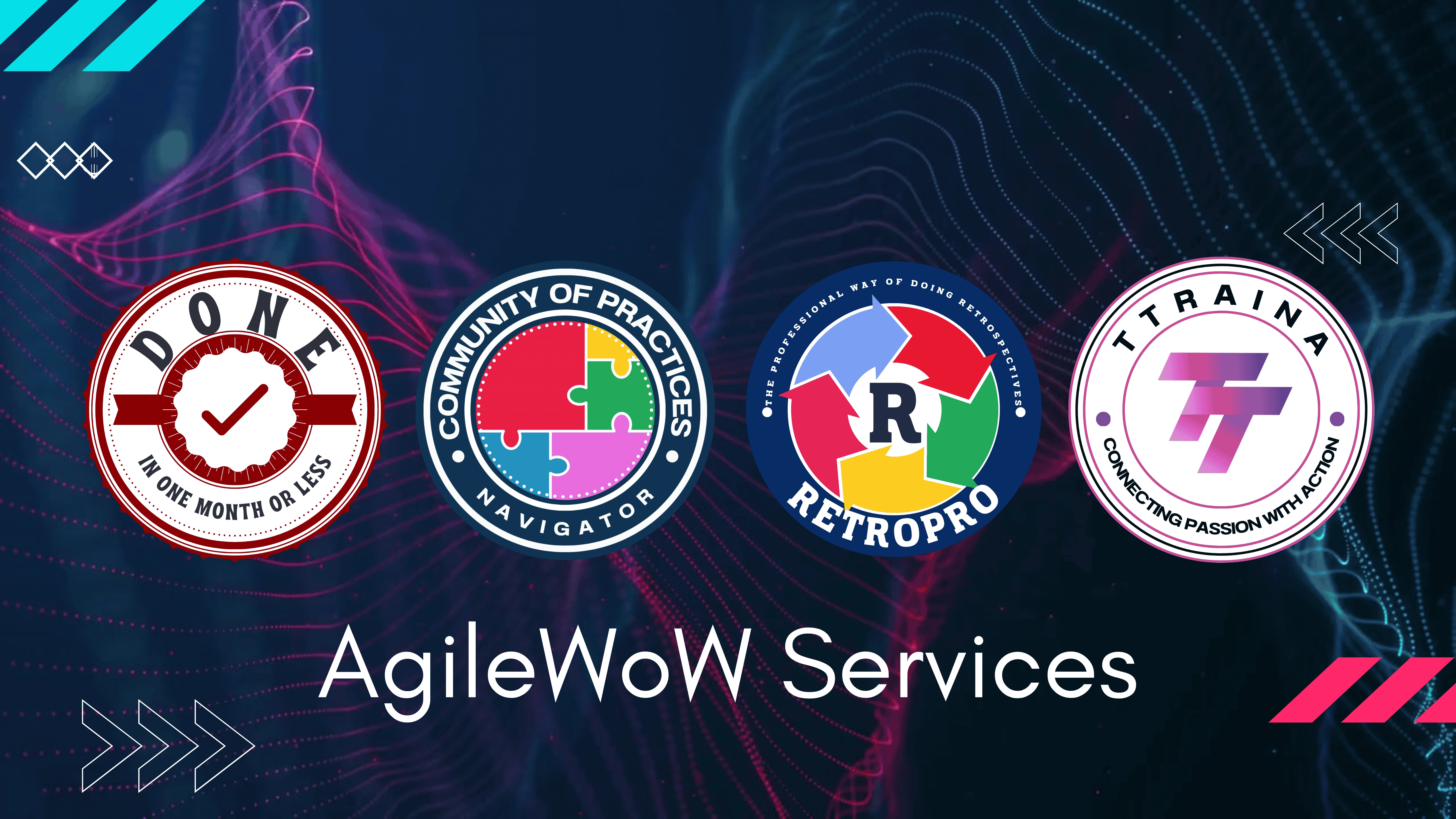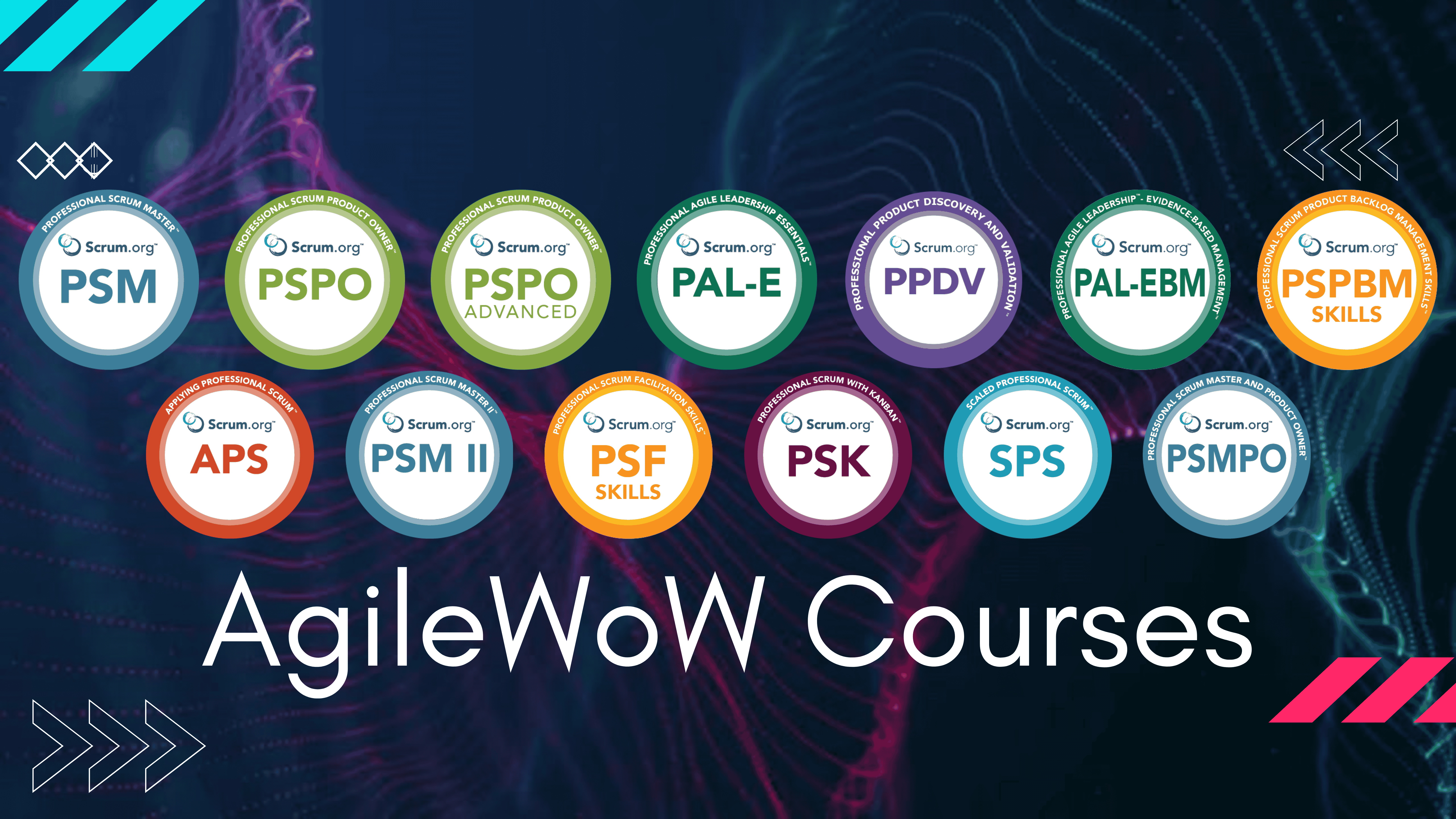If Scrum was a body, then the Scrum values would be the blood flowing through the body. I hope that the comparison helps understanding that without these values being understood, respected, and enacted, your implementation of Scrum is dead.
Scrum practitioners refer to these values a lot but generally from the Development Team perspective. They are obviously not limited to Development Teams only.
Hereby I want to share how the Scrum values impact the Product Owner:
1. Commitment
- Product Owners commit to offer usable and valuable features (only)
- Product Owners commit to collaborate within the Scrum Team and with users and stakeholders beyond the Scrum Team
- Product Owners commit to maximize the value of the work done by the Development Team
- Product Owners commit to reduce waste by soliciting feedback regularly
- Product Owners commit to coaching/mentoring the team in building the right product
2. Focus
- Product Owners focus on what is most important now
- Product Owners focus on business value and customer needs
- Product Owners focus on the “What” and the “Why” of their product, leaving the “How” for the Development Team
- Product Owners focus on quality and long-term product viability by not releasing undone work
- Product Owners focus on the needs of both internal and external stakeholders
3. Openness
- Product Owners show openness by actively pursuing collaborations with stakeholders and the wider environment
- Product Owners show openness by sharing product progress information, including problems and learnings
- Product Owners show openness for regular inspections to help them decide over the most sensible adaptations
- Product Owners show openness for help, ideas and suggestions from the Development Team
- Product Owners show openness in to learn from other products and business domains, even including those from their competitors
4. Respect
- Product Owners show respect to their sponsors by not building features that nobody uses
- Product Owners show respect to the users of their products by fixing their problems
- Product Owners show respect to the domain and product knowledge of the Development, acknowledging them as valuable for creating a better product
- Product Owners show respect to the approach of empiricism needed in a complex environment, the process of regular Inspection and Adaptation with full Transparency
- Product Owners respect the Development Team decision for making up estimates (if applied) and pulling the amount of work they deem feasible for a Sprint
5. Courage
- Product Owners demonstrate courage by admitting that requirements will never be perfect
- Product Owners demonstrate courage by admitting that they don’t know every single thing about the product, and therefore need help from all involved parties
- Product Owners demonstrate courage by disagreeing with the stakeholders if they make requests that don’t align with the product vision and roadmap
- Product Owners demonstrate courage by collecting feedback over released product functions and versions to validate their assumption of value
- Product Owners demonstrate courage by admitting that the Development Team doesn’t know every possible implementation technicality at the start of a development endeavour





